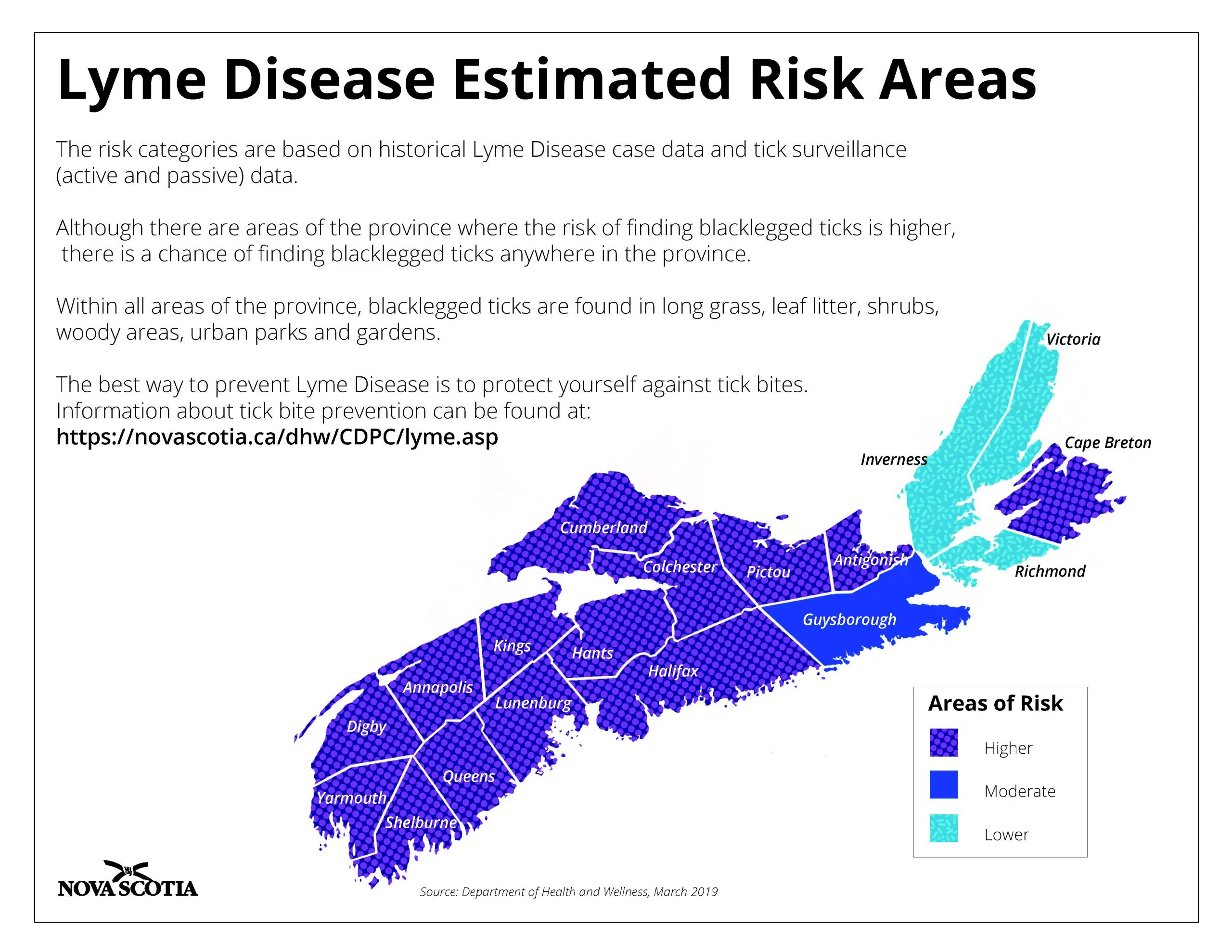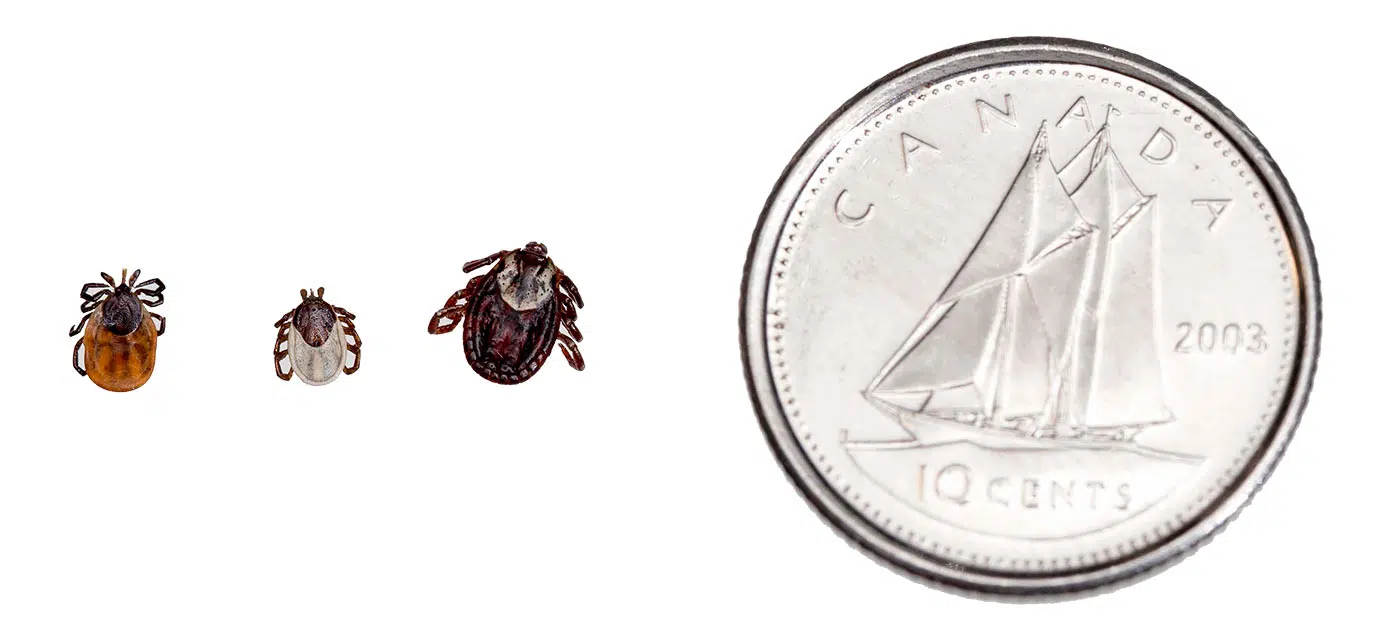A local researcher says Nova Scotia might be a tick hotspot, but that doesn’t mean you need to be scared of the pesky parasites this summer.
Acadia University Assistant Professor of Chemistry Dr. Nicoletta Faraone has been studying ticks since 2017 when she paired up with AtlanTick on ways to combat the critters.
She tells our newsroom there are many tools we can use to protect ourselves so we can still enjoy the outdoors.
“We don’t need to be afraid of ticks, but we need to be aware that they’re out there,” Faraone says.
Nova Scotia offers the perfect climate for ticks to thrive thanks to our hot and humid weather.

Dr. Nicoletta Faraone. (SOURCE: Acadia University)
Faraone adds their population is going to continue to grow right across the country as global warming contributes to warmer winters.
She believes it’s important for us to know what ticks call Nova Scotia home.
“I understand there is a lot of fear, especially around Lyme disease,” Faraone says. “Unfortunately, Nova Scotia is really a hot spot for ticks, and the blacklegged ticks, which are the main vector of Lyme disease. But this doesn’t have to hold us back to enjoy nature and the outdoors. It’s really important to be aware ticks are out there, and learning how to recognize them.”
Beware blacklegged ticks
Also known as the deer tick, blacklegged ticks are the only ones in the province that carry Lyme disease, and not all of them have the bacteria that causes the illness.
They can be found around wooded areas, shrubs, long grass, leaf litter, urban parks, and gardens.
Faraone says much of our province has been identified as being at “high risk” for Lyme disease.

But she adds that just because you have a tick bite, doesn’t mean you need to worry.
“Don’t forget Lyme disease is treatable, if it’s diagnosed on time,” Faraone says. “Just with a course of antibiotics, you can fully recover. So it’s something we don’t need to be scared of.”
If you find out your body has been bit by the parasite there are many ways for you to get help.
Farone says a first and easy step is to download the eTick app onto your phone. The app lets you upload photos of the critter to determine what type you’re dealing with.
If it’s a blacklegged tick, you can reach out to your local pharmacy for treatment or you can call your doctor for advice.
“Remember if you have a tick attached to you, don’t panic because usually, it takes about 24 to 48 hours for the bacteria to be transmitted, so you’re probably going to be fine,” Faraone says.
Farone believes the best step to prevent being bit is prevention.
Being prepared is key
Farone has some tips for you if you’re planning on hitting the opening of provincial parks this long weekend.
The biggest recommendation is to wear the proper gear when you’re outside. That includes long sleeves, pants tucked into socks, and hiking boots.
Farone adds you’ll also want to wear repellant products to avoid any negative encounters with the pest.

Left to right: Female black legged tick, groundhog tick, dog tick. (SOURCE: novascotia.ca)
Another tip, take your clothes off and throw them into the dryer while you conduct a tick check of your body.
“A good practice is collecting all of the clothing that you had been wearing outside and putting it in the dryer for at least 30 minutes at full heat because the heat will dry the ticks out and it will kill them,” Farone says.
She adds it’s also a good idea to take a hot shower.
Farone believes knowledge is power and as long as we take steps to prevent ticks from hitching a ride and biting us, we have no reason to fear.
“Just enjoy, don’t be afraid we can protect ourselves without any problem.”








